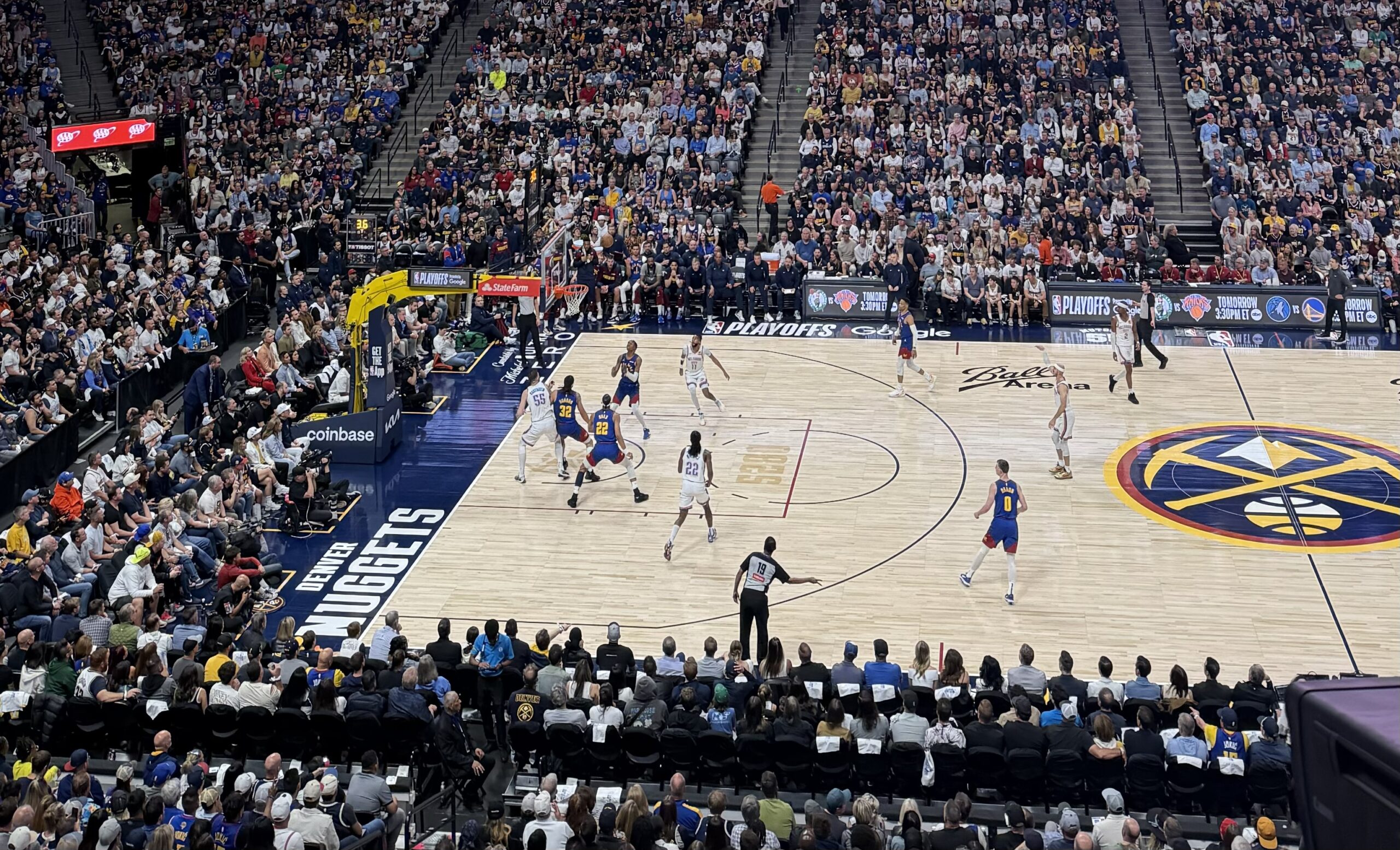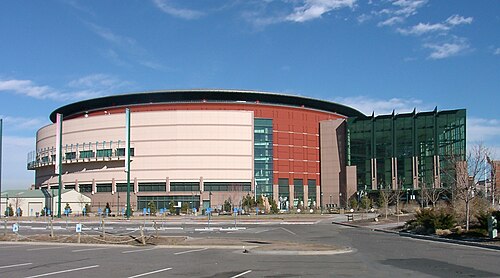 Photo by: Claire Pelley
Photo by: Claire Pelley
“What would you do if you had to see the person who killed your family everyday?” Muhire Enock asked me.
Enock is 23, I meet him on a recent program that brings young Rwandans and Americans together to discuss and advance human rights. He and his family were living in Uganda as refugees during the genocide in 1994, a choice which saved their lives. However, in a country where more than 800,000 people were slaughtered, everyone knows someone. Everyone is involved. Everyone is a victim.
I had been in Rwanda for about a week when Enock and I had this discussion. We were driving back from Nyamata genocide memorial where more than 3,000 people had been killed.
I remember trying to answer him with suggestions of how I might be able to overcome extreme pain and turn it into compassion.
“I’d try to forgive them.” I proposed.
A rather daft response to such an unanswerable question.
When I returned home I called my mother and father to chat and catch up. I sent my aunt, uncle and cousins souvenirs. I laughed with my friends. My emotional scars extend as far as my parents’ divorce and the relatively easy passing of my grandparents. My physical scars are but a few harmless childhood bumps.
I cannot answer that question.
My expertise about Rwanda is academic and intellectual. I have read countless journal articles and books. I’ve involved myself in heated debates and seen the memorials. Over time, it has become personal, but it’s not my country.
Enock’s question still burns in my mind. He was asking about how to reconcile appropriately and in a way that brings justice and progress. During my two week trip I witnessed the resilliancy in the Rwandan people. They call their families, adopted or immediate. They laugh with their friends. They live their lives and some will face the people who have killed their families.
No one can tell them what to do or how to react, but there’s one thing I hold to be true. Nothing can make a person forget their grief, but nothing good can come of a life filled with hate.











